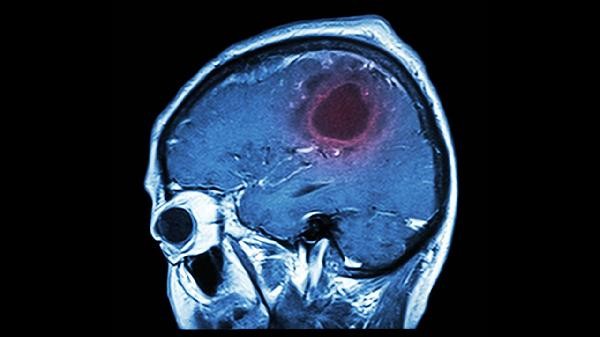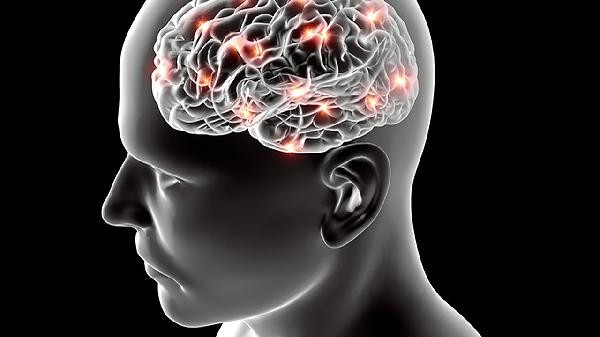The confusion and lack of clarity in the brain can be improved by adjusting daily routines, supplementing nutrition, moderate exercise, psychological regulation, and seeking medical examination. This state is usually caused by insufficient sleep, malnutrition, excessive stress, chronic fatigue, underlying diseases, and other reasons.

1. Adjusting your schedule
Maintaining a regular schedule can help improve brain dysfunction. Adults need 7 to 9 hours of sleep per day, and it is recommended to set a fixed bedtime and wake-up time to avoid staying up late or oversleeping. A 20 minute nap can be arranged during lunchtime, but it should not exceed 30 minutes to avoid entering the deep sleep stage. Avoid using electronic devices one hour before bedtime to reduce the interference of blue light on melatonin secretion.
2. Supplementing nutrition
The brain requires sufficient glucose and specific nutrients to maintain its function. Daily intake of whole grains, deep-sea fish, nuts and other foods rich in omega-3 fatty acids, as well as moderate supplementation of B vitamins and iron elements. To avoid blood sugar fluctuations caused by a high sugar diet, one can adopt a small and frequent meal plan. Dehydration can affect cognitive function, it is recommended to drink 100 to 200 milliliters of water per hour.
3. Moderate exercise
Aerobic exercise can promote blood circulation and metabolism in the brain. Perform 3 to 5 30 minute moderate intensity exercises per week, such as brisk walking, swimming, or cycling. It is advisable to maintain a heart rate between 60% and 70% of the maximum heart rate during exercise. Yoga, Tai Chi, and other physical and mental exercises can also help improve concentration. It is recommended to practice 2-3 times a week.

4. Psychological regulation
Chronic stress can lead to inhibition of frontal lobe function in the brain. You can relieve tension through mindfulness meditation, breathing exercises, and other methods, practicing for 10 to 15 minutes every day. Establish a reasonable work rest rhythm and adopt time management techniques such as tomato work method. Social activities can stimulate multiple functional areas of the brain, and moderate interpersonal interaction should be maintained every week.
5. Medical examination
If the mind is unclear for more than two weeks, pathological factors should be investigated. May be related to diseases such as hypothyroidism, anemia, sleep apnea, etc., usually accompanied by symptoms such as memory loss and low mood. Neurological examinations include electroencephalography, blood biochemistry, and other items, while psychological assessments can screen for anxiety and depression. According to the diagnosis, medication intervention may be necessary. Long term decline in brain function requires the establishment of a systematic improvement plan. In addition to the above measures, caffeine and alcohol intake should be controlled to avoid neurotoxins such as nicotine. Cognitive training such as Sudoku and memory games can enhance brain plasticity. The working environment should ensure good ventilation and suitable lighting, and every 45 minutes, get up and move for 5 minutes. If accompanied by severe symptoms such as headache, dizziness, or consciousness disorders, seek medical attention immediately.









Comments (0)
Leave a Comment
No comments yet
Be the first to share your thoughts!